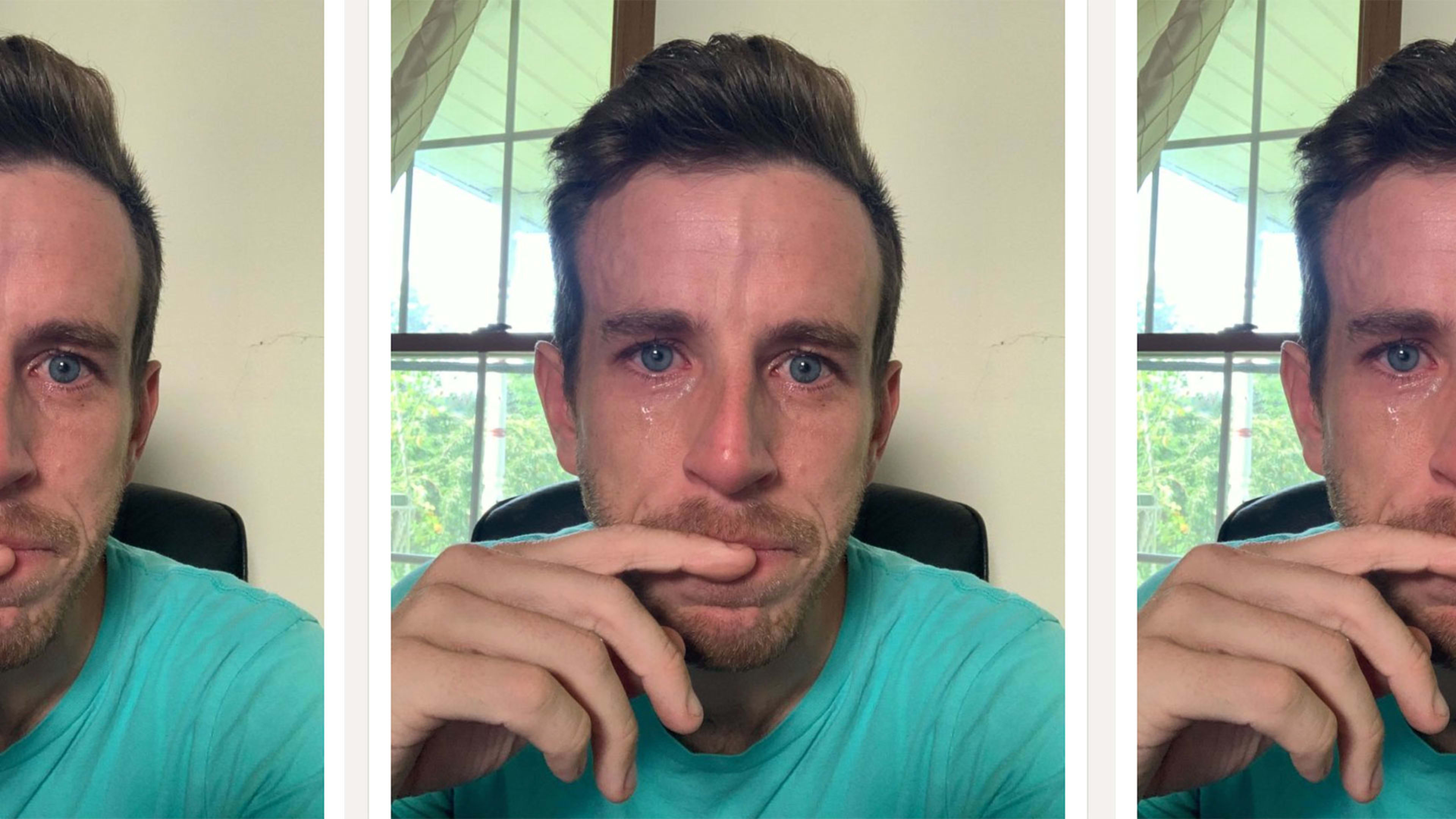Usually, when a social media post is picked up by major media outlets around the world, it’s from a celebrity, politician, or other type of influencer on Twitter, Instagram, TikTok, or Facebook. Less common is the viral LinkedIn post, but over the last 24 hours, you’d be hard-pressed to find an internet user who hasn’t heard about “the crying CEO.”
The crying CEO refers to a LinkedIn post made by Braden Wallake, the CEO of HyperSocial, a marketing agency. In the post, Wallake opines about how hard it’s been to lay off a few of his company’s employees and how much he loves all of his employees. He ended the post with a photo of himself crying. The post quickly went viral on LinkedIn, and was then picked up on virtually every other social media platform. Detractors called it out of touch, conceited, self-centered, unthoughtful, and worse. But perhaps the most common description applied to the crying CEO’s post was “cringe.”
Backlash against Wallake aside, his post is actually quite indicative of certain type of LinkedIn content that appears to be more and more common these days—and is itself the increasing focus of a broader backlash. In 2022, cringe on LinkedIn is the norm. Once known as the most professional of the social networks, the Microsoft-owned platform is now looking more like a backdoor Facebook, where users are happy to drone on about everything from current affairs to radical politics to slights real, imagined, or made up.
As a matter of fact, a subreddit called LinkedInLunatics has been tracking these kinds of posts since 2019. The subreddit currently has 121,000 members and describes itself thusly:
Scroll through LinkedIn and you will find a mix of rampant virtue signaling, cringeworthy titles, and stories that could come from r/thathappened. This subreddit is for sharing and discussing these LinkedIn characters.
Spend all but two minutes scrolling through LinkedInLunatics, and you’ll see that Wallake is far from the first LinkedIn user who found a moment to take a crying selfie and post it for all of LinkedIn to see. In fact, LinkedInLunatics is full of screenshots of similar posts, as well as screenshots of self-satisfied LinkedIn users congratulating themselves for giving homeless people life advice, explaining how a loved one’s cancer experience has made them a better business leader, and opining about how, if you’re not as successful as they are, you might just be lazy.
Reading through LinkedInLunatics will make you lose faith in humanity—and the social networking site itself. And the latter could be a big problem for LinkedIn. That’s because you don’t need to visit LinkedInLunatics to come across the types of cringe posts highlighted there. Such posts frequently show up in my actual LinkedIn feed—so much so that I’ve all but abandoned my account. And given the comments on these LinkedIn cringe posts, it seems that a growing number of the platform’s users are increasingly getting tired of the dumpster fire that their feeds have become. If LinkedIn is now essentially no different than Facebook, what appeal does it still hold for professionals?
So, don’t be too hard on the crying CEO. He has a lot of company on the modern-day LinkedIn.
Recognize your brand’s excellence by applying to this year’s Brands That Matter Awards before the early-rate deadline, May 3.
